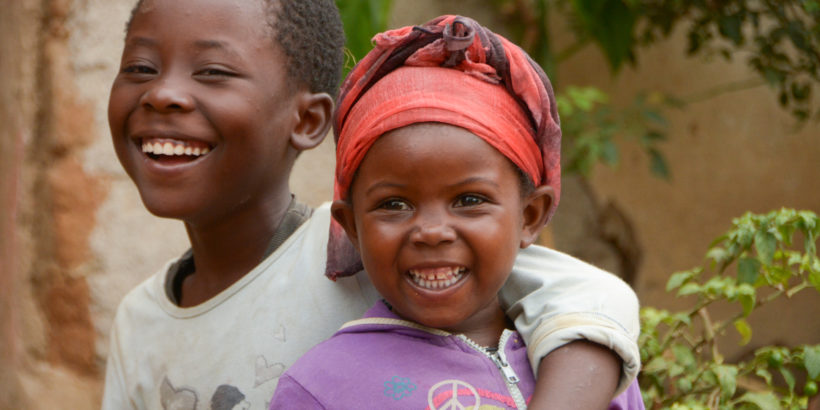The 72nd World Health Assembly takes place this week in Geneva, Switzerland, the headquarters of the World Health Organization (WHO). Each year, this meeting convenes the world’s leading voices for global public health to have strategic discussions about how to tackle the world’s most pressing health concerns. While the agenda does not include typhoid and typhoid conjugate vaccines (TCVs) specifically, this session is packed with other issues that have direct implications on our work to take on typhoid.
As we charge forward to achieve the Sustainable Development Goals (SDGs), global leaders are coalescing around the importance of universal health coverage (UHC). There is growing recognition that we will not meet the SDGs by 2030 if we don’t take action to achieve UHC, including disease prevention, health promotion, access to care – plus routine immunization – at the community level. Taking on typhoid requires focus on all the same aspects of UHC. We must prevent illness and disease transmission with TCV, and we need to ensure communities are informed about typhoid and how to protect themselves with clean water, improved sanitation, and handwashing. We absolutely must see to it that even the most remote communities are able to access quality health care, including diagnostics, to ensure adequate and appropriate typhoid treatment.
This leads us right into another relevant topic on the agenda at WHA this week: drug resistance. The rate of typhoid cases showing increasing resistance to available antibiotics is growing globally. As resistance to newer antibiotics becomes more widespread, particularly in countries where diagnosis and treatment are difficult, our actions to prevent typhoid are increasingly important. Universal coverage of TCV in countries with high burden can help to reduce the use – and particularly the misuse – of antibiotics. As countries work to strengthen surveillance systems and more closely track drug-resistant strains of typhoid, we must prioritize TCV as not only part of a comprehensive immunization package, but also a strategic tool to reduce the impact and spread of drug-resistant disease.
The WHA agenda also includes a discussion on the role of vaccines for emergency preparedness and response. As we’ve seen recently in Pakistan and Zimbabwe, typhoid is a disease with outbreak potential. The risk for an outbreak is particularly high during times of natural disasters such as droughts and floods. During droughts, people too often search for any water they can find, and shallow water sources are more likely to be contaminated with typhoid. Flooding can overwhelm inadequate sewage systems or sanitation facilities, allowing human waste to contaminate water sources. Strong routine immunization and health systems help prevent outbreaks in the first place, keeping people protected from diseases, including typhoid.
WHA always promises to be a whirlwind week with a full agenda, with discussions that bring people together and help drive action. The real work will begin after the meeting closes, in the countries working to prevent and control typhoid and other diseases. Even the most fruitful discussions with all the world’s best global health leaders are only impactful if national decision-makers have the support, guidance, information, and resources to take action and work for the communities most impacted by typhoid.



